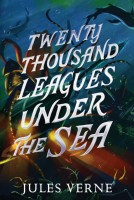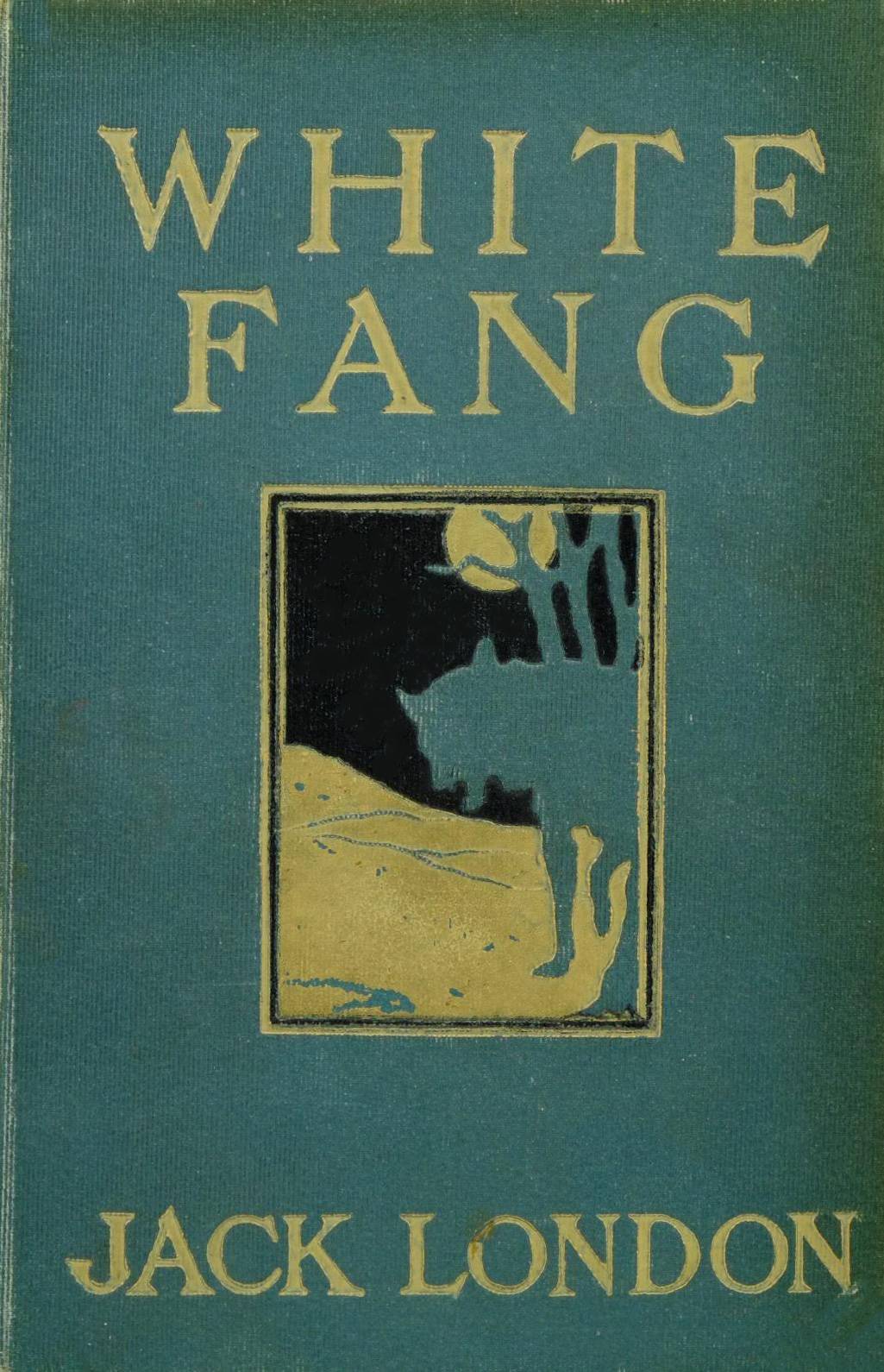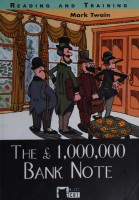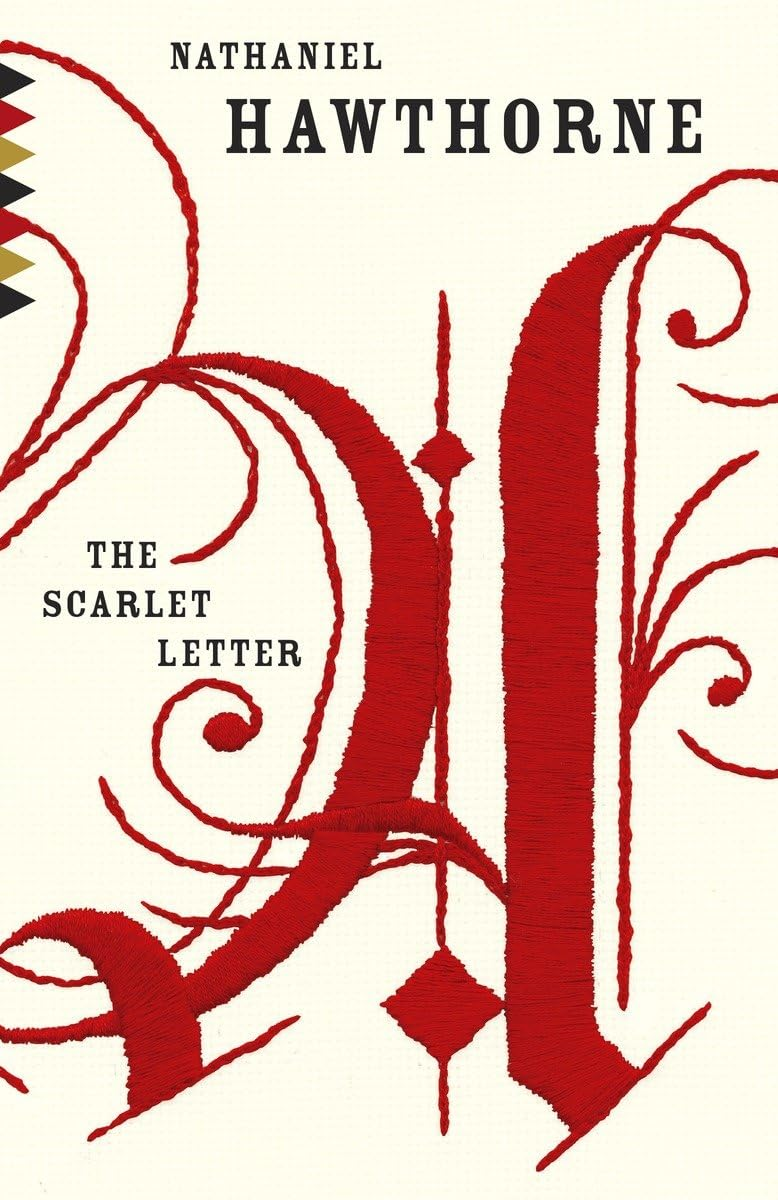Classic Books
Classic literature in eBook format.

The Triumph of the Scarlet Pimpernel
Sir Percy Blakeney, the Scarlet Pimpernel, continues his audacious efforts to save French aristocrats from the guillotine.
Set against the backdrop of revolutionary France, this historical fiction adventure explores themes of secret identity and unwavering...
$0.00 
The Valley of the Moon
$0.00
by
Jack London
The Valley of the Moon is a novel by American writer Jack London. The valley where it is set is located north of the San Francisco Bay Area in Sonoma County, California where Jack London was a resident; he built his ranch in Glen Ellen. The story vividly...

The Wisdom of Father Brown
Father Brown is a short, nondescript Catholic Priest with shapeless clothes and a large umbrella who has an uncanny insight into human evil. His methods, unlike those of his near contemporary Sherlock Holmes, although based on observation of details often...
$0.00 
The Works of Edgar Allen Poe
Macabre parties in isolated castles ... Gruesome murders ... Talking ravens, hellish black pits, innocents buried alive ... Prepare to be chilled and enthralled by the haunting genius of the acknowledged master of gothic horror and suspense, Edgar Allan...
$0.00 
Tom Sawyer Abroad
These unjustly neglected works, among the most enjoyable of Mark Twain's novels, follow Tom, Huck, and Jim as they travel across the Atlantic in a balloon, then down the Mississippi to help solve a mysterious crime. Both with the original illustrations...
$0.00 
Twenty Thousand Leagues Under the Seas
$0.00
by
Jules Verne
French naturalist Dr Aronnax embarks on an expedition to hunt down a sea monster, but discovers instead the Nautilus, a self-contained world built by its enigmatic captain. Together Nemo and Aronnax explore the underwater realms of the globe, undergo...

Uncle Remus and Brer Rabbit
"Once 'pon a time," said Uncle Remus to the little boy-"But when was once upon a time?" the child interrupted to ask. The old man smiled. "I speck 'twuz one time er two times, er maybe a time an' a half. You know when Johnny Ashcake 'gun ter bake? Well,...
$0.00 
War of the Worlds
When a meteorite lands in Surrey, the locals don't know what to make of it. But as Martians emerge and begin killing bystanders, it quickly becomes clear—England is under attack. Armed soldiers converge on the scene to ward off the invaders, but meanwhile,...
$0.00 
White Fang
$0.00
by
Jack London
White Fang, a wolf-dog hybrid born in the wilds of the freezing cold Yukon, is the only survivor of his litter and much of the book is written from his perspective. He soon learns the harsh laws of nature, yet buried deep inside...

£1,000,000 Bank Note
$0.00
by
Mark Twain
A collection of short stories including "1,000,000 Bank Note" written late in Twains career when he was facing financial problems. In the title story, a smart, honest, American man through a series of accidents ends up penniless in 19th century London...









